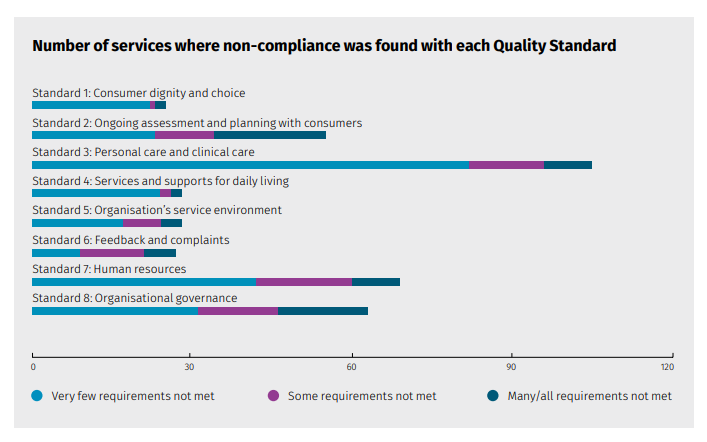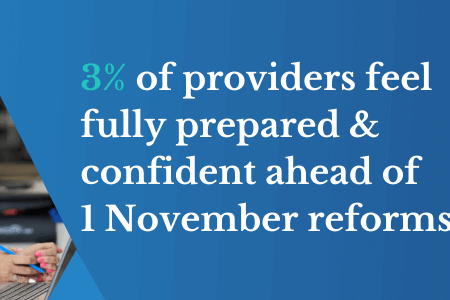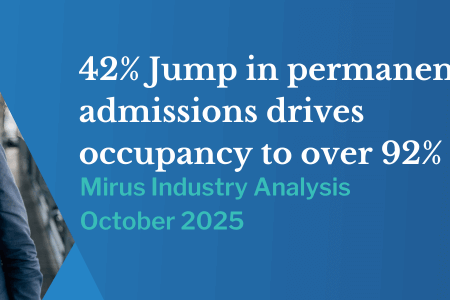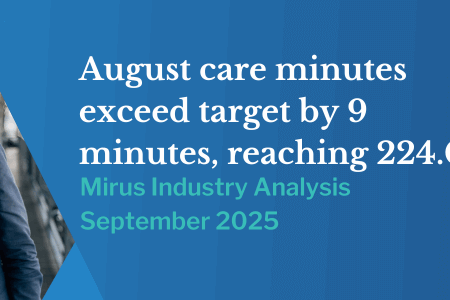How workforce challenges are impacting compliance in aged care
March 3, 2022 | Aged Care Management

By Katie Airey, Quality, Risk and Compliance Lead
Our industry has seen long-term challenges with recruitment and retention of our workforce, often leading to increased costs associated with recruitment, agency usage and training.
According to the Aged Care Workforce Census 2020, there has been an increase in Residential Aged Care (RAC) workers of 14% since the 2016 census. The Aged Care Royal Commission reported that about 3% of the Australian workforce is employed by the Aged Care sector. It also outlined that the Aged Care sector faces challenges which include an aging population and an under-resourced and under-skilled workforce.
The Aged Care Quality and Safety Commission (ACSQ) plans to ramp up site audits over the coming months, resulting in the highest planned site audits of Aged Care Services since the commission commenced.
While there are many other components to compliance, it is essential to look at our workforces as they are ultimately responsible for the safe and effective delivery of care services.
Lack of workforce education increases risk on non-compliance
There are many examples of workforce shortages, poor opportunities for education and inadequate wages to attract and retain skilled workers. These challenges cause inefficiency in providing best practice care and services to our consumers and can lead to non-compliance.
Recent Sector Performance Reports show us that non-compliance has most frequently been found across Standard 3: personal care and clinical care and Standard 7: human resources since January 2021.
Click on image to expand.

Image: Aged Care Quality and Safety Commission Sector Performance Report July-September 2021.
How providers mitigate risk and demonstrate the effectiveness of their systems is underpinned by having a sufficient, committed and high-quality workforce.
So, where do providers start? Think about the 3 C’s.
- Competency – Qualitative analysis of workforce competencies is important to ensure you are building a workforce that can support compliance to the Quality Standards and have the training required to build and reinforce these competencies.
- Culture – Equally important is the need to talk to your most important asset – your people. How do your staff feel about working within your organisation? Are they well trained and do they have a manageable workload?
- Consumers – What do your consumers think? Understanding your consumers perspective of the care and services your organisation provides and acting on the feedback provided assists in making informed decisions that are reflective of the ever-changing needs and expectations of your consumers.
All providers will be at different stages of embedding workforce training, consumer outcomes and feedback and governance into their daily operations and responsibility structures.
Support is always available by partnering with independent experts to undertake key risk audits and data analysis. The addition of wider industry views to your own organisational experience should be seen as an essential component in the development of well-integrated compliance systems.
Ready to improve your organisational compliance?


